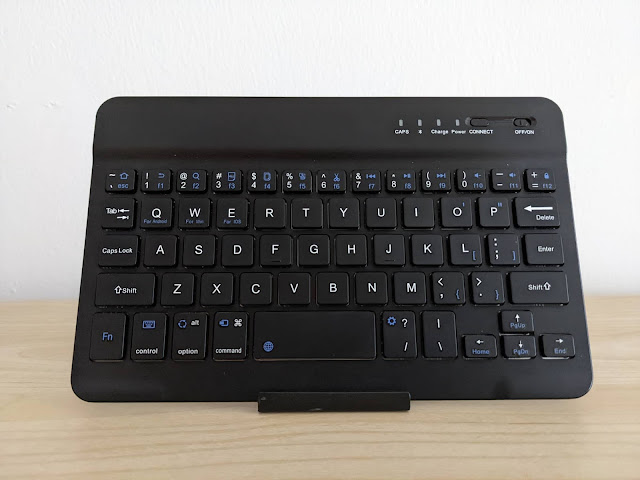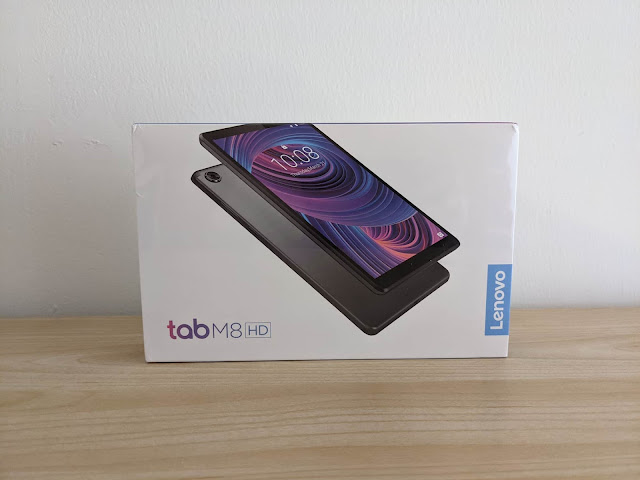20 Years of Google Blogger
Google Blogger turned 20. It was actually Pyra Labs that launched the blogging platform on August 23, 1999 before Google acquired it in 2003.
Peggy K celebrated the 20th anniversary of Blogger by briefly telling its history, which is part of the history of blogging, and explains why it’s still worth blogging and using Blogger in this social era. Peggy wrote:
I recently came back to Blogger and my motivations are similar to Peggy’s, such as Blogger having the features I need and being integrated in the Google ecosystem. I also share her hope the tide may be turning and blogging may be making a comeback, or at least growing a little more visible and relevant.
What about the future of Blogger? Google is known for killing lots of products and features. Why am I not worried? In a comment to a May 2018 TechCrunch story on some changes to Blogger and other products Google had announced, Googler Elliott Ng, then a member of the Blogger team, wrote:
Peggy K celebrated the 20th anniversary of Blogger by briefly telling its history, which is part of the history of blogging, and explains why it’s still worth blogging and using Blogger in this social era. Peggy wrote:
While it feels like social media has taken over much of publishing over the past decade, the tide may be turning. As there have been increasing concerns about privacy breaches, harassment and fickle algorithms on Facebook and Twitter, there are rumblings that blogging is making a comeback.
I recently came back to Blogger and my motivations are similar to Peggy’s, such as Blogger having the features I need and being integrated in the Google ecosystem. I also share her hope the tide may be turning and blogging may be making a comeback, or at least growing a little more visible and relevant.
What about the future of Blogger? Google is known for killing lots of products and features. Why am I not worried? In a comment to a May 2018 TechCrunch story on some changes to Blogger and other products Google had announced, Googler Elliott Ng, then a member of the Blogger team, wrote:
[...] the spring cleaning is just paying down some technical debt so we can invest further in the platform. In fact, I’m hiring software engineers, analysts, and UX designers for this project [...]
Why does Google even care about Blogger? :) It’s actually still a HUGE platform and important part of the internet. I’d rather not share specific metrics, but we’re around the same size or maybe a little larger than WordPress.com (just the hosted version by Automattic — not the full WP ecosystem which is much larger) and thus multiples in size in monthly active readers compared to other nice and vibrant platforms like Medium [...]
I'm not worried because these recent developments and data make me cautiously not pessimist.[...] we care about Blogger and am increasing our investment to stay true to the vision of an open Web ecosystem everywhere (especially in the emerging “next billion user” markets) as an alternative to valuable content trapped in walled gardens or controlled by any single gatekeeper, including Google. [...]


